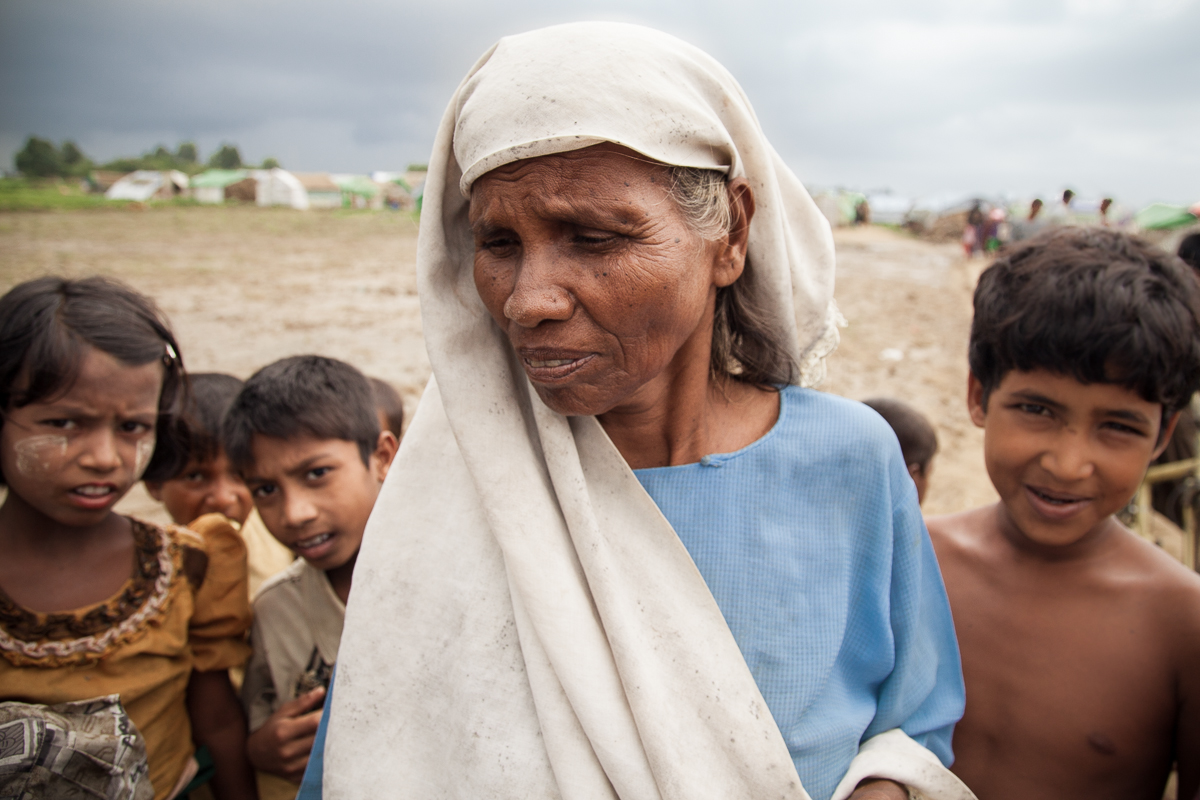The number of severely malnourished children has spiked in northern Arakan state in Burma, a European Union agency said, after floods six months ago dealt a new blow to an area home to a persecuted population with little access to basic services.
About 90 percent of the people in northern Arakan [Rakhine] State are Rohingya, a Muslim ethnic minority that faces discrimination and violence in mostly Buddhist Burma. The government does not recognise them as citizens, and many Rohingya are excluded from healthcare, education and employment.
Widespread floods across Burma six months ago – caused by torrential rains and Cyclone Komen – destroyed crops, damaged rice paddies and contaminated water sources, worsening food insecurity.
The number of severely malnourished children under the age of five newly admitted to a European Commission-backed feeding programme in Maungdaw district shot up after the floods to more than 1,500 in October, from 1,200 new admittances in August and 500 in July, a regional official of an EU agency said.
“The frequency and diversity of foods they were eating had gone down,” the European Community Humanitarian Office (ECHO)’s regional nutrition coordinator, Roselyn Mullo, said of her meetings with beneficiaries in October.
“They had reduced meals from three meals to one meal a day, or they were just eating one type of food. Some were relying just on rice and water.”
The real number of malnourished children is far higher than the number in the feeding programme, Mullo said, noting that new admittances in October were only 38 percent of the 4,100 children under five identified as suffering severe acute malnutrition.
An additional 19,200 children under five were moderately malnourished, and these numbers may rise further this year.
As their situation is unlikely to change, “a similar caseload of acutely malnourished children or even higher could be anticipated in 2016,” Mullo said.
[related]
Maungdaw is home to 712,300 people, including 137,000 children under the age of five.
Children with severe acute malnutrition are very thin for their height – “frail and skeletal” – require urgent treatment to survive, and are nine times more likely to die than well-nourished children, UNICEF says.
ECHO supports a 60-day feeding programme that gives the children weekly rations of high-calorie, high-nutrient food, and includes weekly body measurements and medical treatment of underlying infections.
In 2015, a total of about 14,000 children were admitted to the feeding programme, including 10,900 under the age of five.



